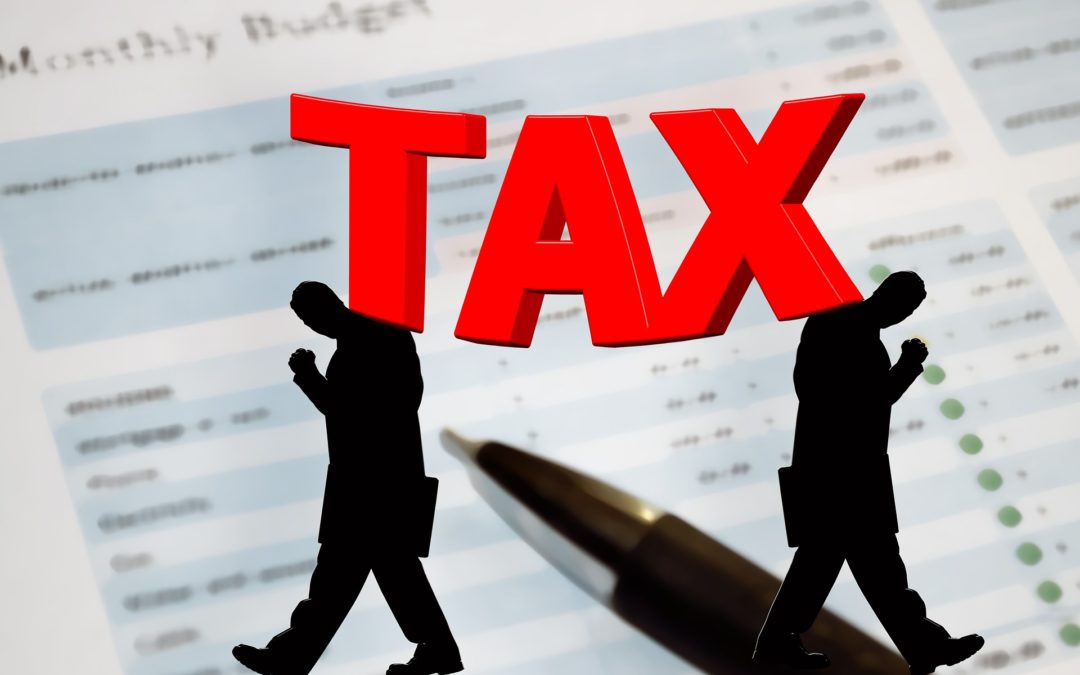In Texas, property ownership comes comes with an important responsibility to pay your property taxes . The local government places liens on the properties each year on January 1st.
Failure to Pay Property Taxes Results in Stiff Penalties and Interest
The deadline for handling property taxes in Texas is January 31st. Property owners who don’t pay on time face fast-growing penalties and interest. In February alone, a failure to pay property taxes results in a six-percent penalty and a one-percent interest charge. By July 1st, the total interest, penalties, and attorney fees can be as high as 42 percent, and interest continues to accrue until the entire balance is paid off.
When do the Collection Attorneys Get Involved?
A failure to pay property taxes by July 1st will result in a significant jump in the amount owed by property owners. On that date, local tax assessors over the state send unpaid property tax account to their attorneys, who then add on their steep collection fees. These fees are typically 20 percent of an outstanding balance and are added on top of the taxes, interest, and penalties already piling up. Collection fees increase first-year delinquency costs to a significant 48 percent.
Failure to Handle Property Taxes Has Long-Term Outcomes
Eventually, a failure to pay property taxes on a commercial or residential property will eventually result in a lawsuit and potential foreclosure.
Texas Law Provides a Stress-Relieving Solution to an Unpaid Property Tax Problem
Property owners have a chance to avoid the nightmare of delinquency. Texas state law allows you to choose a third-party lender to pay your property tax bill and all the interest, tax due, penalties, and legal fees. A property tax loan with no upfront out-of-pocket costs and manageable payment terms can enable you to pay all your outstanding balances with the county and place you back on track to financial recovery.
